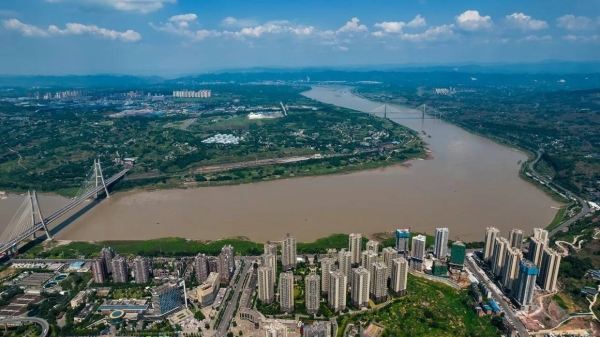
n Thursday 26 March, Britons stood just inside their front doors, a little unsure if they would be the only ones taking part in a very unBritish ritual. It was three days since Boris Johnson had announced a draconian lockdown, and, in a horrifyingly fearful time, it was not difficult to feel immense gratitude to those health workers risking everything to save lives. But was anyone else really going to turn out to clap?
Few can have predicted the wall of noise that followed that first Thursday night and every Thursday since – the applause rising from doorsteps, the smiles and waves between neighbours who had never previously spoken to each other, the new national ritual that, for many, became the clearest fixed point in the week. Isolated in our homes, we were speaking together as never before.
After nine extraordinary weeks – in which millions stood at their windows or doors to cheer and clank saucepans, hospital forecourts filled with applauding health workers, and landmarks the length of the country were illuminated in NHS blue – the woman behind Clap for our Carers spoke out this week to say that Thursday’s burst of applause, in her view, should be the last.
“To have the most impact, I think it is good to stop it at its peak,” said Anne-Marie Plas. “Without getting too political,” she said, she agreed with those who felt the national moment of applause was becoming politicised. “I think the narrative is starting to change, and I don’t want the clap to be negative.”
The message had got through on social media at least, where countless accounts urged their followers on Thursday, if this was indeed the last clap, to “make it a good one”. The Twitter account of Visit Blackpool, temporarily rebranded Do Not Visit Blackpool, was typical: “It’s the last hurrah for #ClapForCarers tonight so let’s give an extra loud clap! Thank you to our NHS and key workers for their dedication.”
It made for a particularly emotional moment, as applause and cheers again swelled above the nation’s streets, and health workers gathered once more to embrace and acknowledge the nation’s thanks. North Tees and Hartlepool NHS Trust marked the occasion by posting a video of some of its staff applauding. “Tonight is the final #ClapforCarers – and we wanted to give YOU a round of applause as we clap for the country.”
In truth, of course, “the clap” has been highly political from its first incarnation, when Rishi Sunak and Boris Johnson emerged from their Downing Street front doors to clap in front of the assembled camera crews, even as the medics they were thanking warned of the terrifying crisis hurtling towards them.
A few weeks in, a beaming Matt Hancock, the health secretary, posted a video of himself applauding with colleagues on a departmental rooftop, adding: “A huge THANK YOU to our incredible NHS and social care staff. We can never thank you enough for all that you are doing for the nation.” With hundreds of people dying each day, and NHS and care workers appallingly exposed by an ongoing lack of PPE, the replies were caustic.
As Britain’s crisis has intensified, bringing horrifying and shaming numbers of deaths, a flailing government and – most recently – political scandal, the country’s gratitude has not faded, but applause has increasingly felt for many like an inadequately simplistic response. With increasing numbers of health workers calling for the ritual to end – one, in the Guardian, describing it as “a sentimental distraction from the issues facing us” – the fate of the weekly clap was perhaps sealed.
Will the connections it forged last beyond the current crisis? “Ten weeks ago I drew the curtains to see if anyone but me knew anything about this clapping and the figures of strangers were standing there at the windows,” the novelist Linda Grant tweeted immediately after 8pm on Thursday. “Now they’re familiar faces.”












